In mid-November, the Provincial Party Committee's Propaganda Department and the Provincial Political School held a scientific workshop on "Studying and following Ho Chi Minh's ideology, morality, and style on practicing thrift, fighting against corruption, negativity, and waste". At the workshop, Associate Professor - Dr. Bui Dinh Phong (Ho Chi Minh National Academy of Politics) had a very elaborate and dedicated speech sent to the organizing committee (he was not present at the workshop) on the issue of fighting against corruption and suggested some solutions for Tay Ninh.
The author wrote that the thematic conferences on Party building and rectification during the 11th, 12th, and 13th Congresses presented quite comprehensively, a system of tasks and solutions on Party building and rectification in general, including many contents related to the fight against signs of degradation in political ideology, morality, lifestyle, "self-evolution", "self-transformation". To cure the disease, to be determined to cure the disease, we must find the root cause and risk of the disease.
According to President Ho Chi Minh , bureaucracy incubates, condones, protects, and gives birth to corruption and waste. To eradicate corruption and waste, we must first eradicate bureaucracy. But the “mother” of bureaucracy and hundreds of other diseases is individualism, the “internal enemy”. Thus, the solution to fight against corruption, waste, and negativity, in the end, is to fight against and eradicate individualism.
Group of solutions on political and ideologicaleducation
First of all, we must clearly recognize the importance, role, and significance of political and ideological education. The good or bad qualities of a person are largely due to education. Political and ideological education has a special significance and importance; it is “the most important task of the Party, we must resolutely fight against the habit of taking ideology lightly”. According to President Ho Chi Minh, our Party is strong because of its unified ideology and unified actions.
First of all is ideology, "the most important leadership is ideological leadership, must understand the ideology of each cadre to provide practical support in work; because clear ideology will do well, confused ideology will not get anything done". Unity of ideology will lead to unity of action, and when there is unity of ideology and unity of action, no matter how heavy the task, no matter how difficult or complicated the work, we will definitely win.
In each of us, more or less, there is inevitably evil. Therefore, along with the conscious effort to study and reform, the Party's political and ideological education is very important and necessary, so that evil is gradually reduced and good is increasingly increased. On the other hand, revolution is a profession. No matter what profession you do, you must learn. President Ho Chi Minh pointed out: "If we do not educate Party members to make revolution but only ask them to make revolution, they will not be able to fulfill their duties."
Regarding political and ideological education, President Ho Chi Minh pointed out: “The Party must strive to strengthen the education of the entire Party on communist ideals, on the Party’s guidelines and policies, and on the duties and ethics of Party members.” The Party must educate its cadres to clearly understand that “The Party is not an organization for officials to become rich. It must fulfill its mission of liberating the nation, making the Fatherland rich and strong, and the people happy.”
To promote the study and practice of Ho Chi Minh's ideology, morality and style, we must first thoroughly understand the scientific, revolutionary and humanistic nature of Ho Chi Minh's ideology, thereby clearly and deeply recognizing the everlasting value of his ideology. Without thorough understanding, we cannot do it right. One of the core values in Ho Chi Minh's legacy is national value, the leadership role of the Party and the relationship between leaders and the people.
President Ho Chi Minh pointed out: “The Party does not only need a large number of people, although a large number is good, but it must have the qualities of a Party member. Every Party member, every cadre from top to bottom must understand that they join the Party to be a servant of the people. Uncle Ho emphasized, to be a servant of the people, not a “mandarin” of the people. Leadership is to be a servant of the people and must be done well.”
That is the duty and morality of a party member. It has been the same in the past, present and future. On that basis, we educate the duties and moral qualities of cadres and party members today, such as realizing the goals and ideals of national independence and socialism; upholding the responsibility to serve and putting the interests of the Fatherland and the people above all else; practicing impartiality and fighting against individualism.
Educate cadres and party members to clearly see the dangers and harmful effects of corruption, waste and negativity. According to President Ho Chi Minh, embezzlement and waste are crimes against the Fatherland and the people, and are enemies of the people. He pointed out: “The most evil and dangerous vestige of the old society is individualism.
Individualism is contrary to revolutionary morality; it is very deceitful and cunning. Individualism gives birth to many evils, in all forms. “Individualism is a great obstacle to the building of socialism. Therefore, the victory of socialism cannot be separated from the victory of the struggle to eliminate individualism.” “Individualism gives birth to hundreds of dangerous diseases: bureaucracy, commandism, factionalism, subjectivity, embezzlement, waste…
It binds and blinds its victims, who do everything out of their own greed for fame, position, and position, without thinking about the interests of the class or the people... Individualism is a vicious enemy of socialism. Revolutionaries must destroy it.
The 13th Congress pointed out: “Corruption and waste in some areas and regions are still serious and complicated, with increasingly sophisticated manifestations causing frustration in society. Corruption is still a threat to the survival of our Party and regime”. Cadres and party members must understand that corruption, waste and negativity are degeneration of power and culture, reducing and losing the people's trust. And losing trust is losing everything. Culture in danger is more frightening than the Fatherland in danger. If culture is lost, the nation is lost. If culture remains, the nation remains.
Group of solutions on building institutions, mechanisms and policies
First, build, perfect and put policies, regulations and legal documents into practice. During his lifetime, President Ho Chi Minh paid great attention to and strictly implemented this. On November 23, 1945, he signed Decree 64-SL on the establishment of a Special Inspection Committee and a Special Court with the task of supervising and trying violations by employees from People's Committees at all levels to ministries. On January 26, 1946, the National Decree stipulated 10 reward points and 10 penalty points, in which the crimes of "treason", "harming the people", "theft" would be punished by death.
Previously, on January 21, 1946, when answering journalists, he considered embezzlers and traitors the same, and that they were not allowed to stand in the Party's ranks. In his declaration before the National Assembly, the nation and the world, he affirmed that the new Government was an honest Government. On November 2, 1946, Uncle Ho signed Decree 223, which defined the punishment for the crimes of giving and receiving bribes and embezzling public funds and public property. For the crime of giving and receiving bribes, the punishment would be from 5 to 20 years of hard labor and a fine of double the amount of bribe received.
From the rich practice of the fight against corruption and negativity in recent times, the leader of our Party raised many contents related to institutions and policies to ensure the "four no's": "It is necessary to build a strict prevention mechanism so that corruption and negativity are "impossible"; a strict deterrent and punishment mechanism so that corruption and negativity are "not dared" to occur; building a culture of integrity so that corruption and negativity are "not wanted" and a guarantee mechanism so that corruption and negativity are "not needed".
Next, strictly handle acts of corruption, waste, and negativity. In leadership, President Ho Chi Minh instructed that correcting mistakes requires using persuasive explanations, emotional transformation, and education, but that does not mean that punishment is completely avoided. If there is no punishment, all discipline will be lost, and it will pave the way for those who intentionally sabotage. It is not right to completely not punish. “The law must severely punish dishonest people, regardless of their position or profession.”

Viet Dong
(To be continued)
Source





![[Photo] Hungarian President begins official visit to Vietnam](https://vphoto.vietnam.vn/thumb/1200x675/vietnam/resource/IMAGE/2025/5/27/ab75a654c6934572a4f1a566ac63ce82)
![[Photo] Vice President Vo Thi Anh Xuan, French President Emmanuel Macron and his wife visit Hanoi University of Science and Technology](https://vphoto.vietnam.vn/thumb/1200x675/vietnam/resource/IMAGE/2025/5/27/267b6f2bdf3e46439f081b49f6ec26b1)

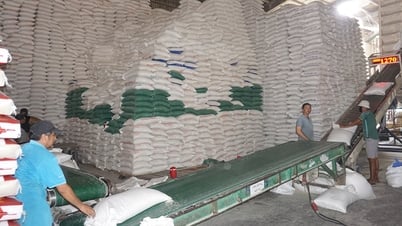
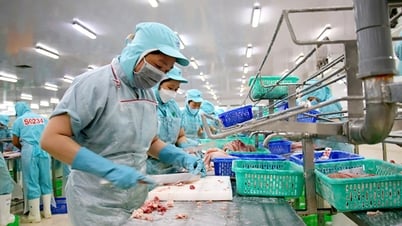
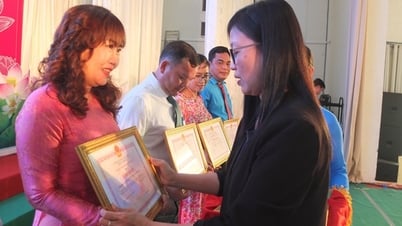
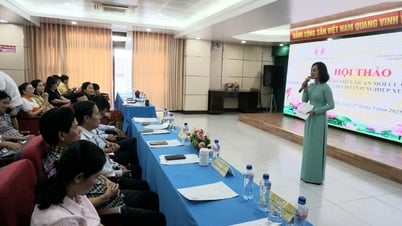
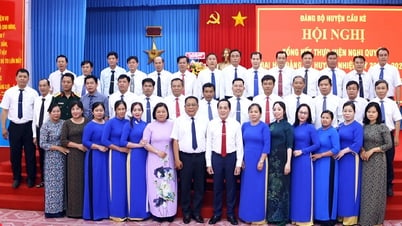
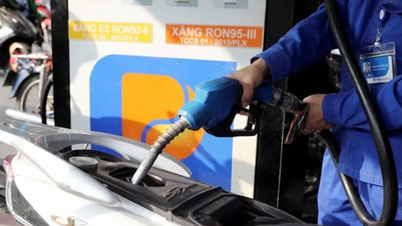








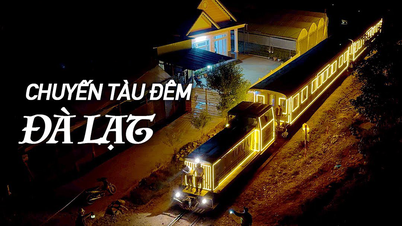

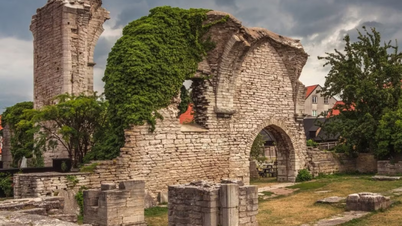
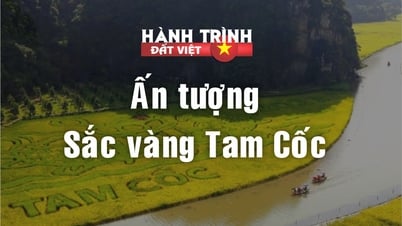

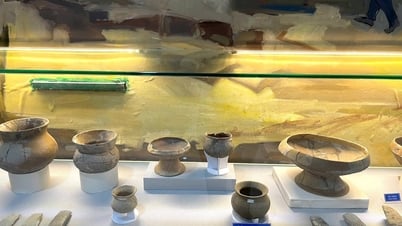

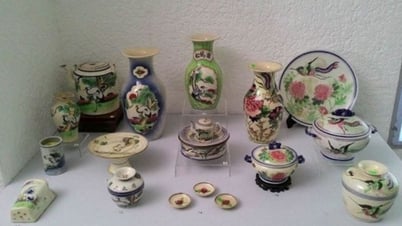

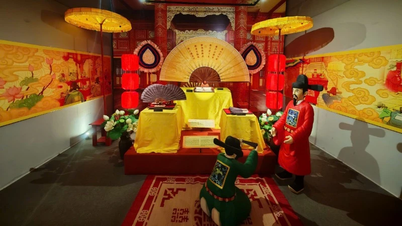

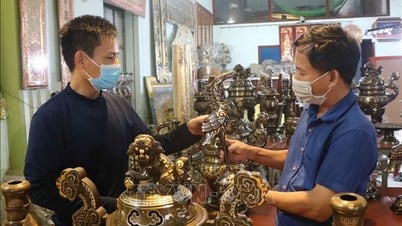
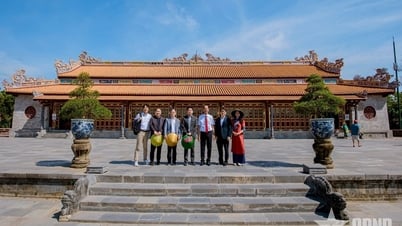

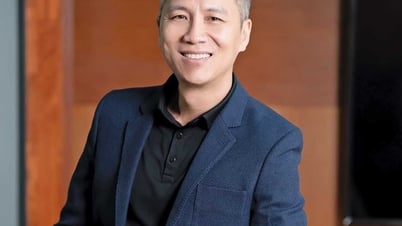



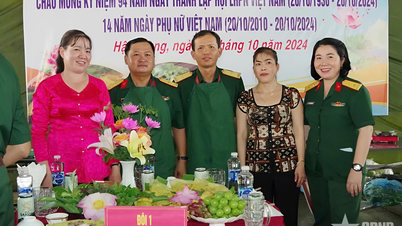


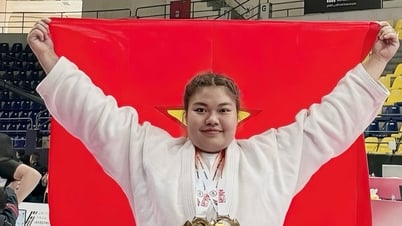


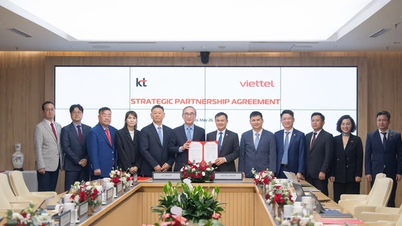
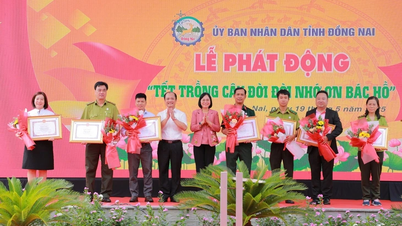

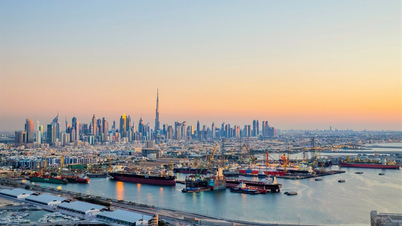




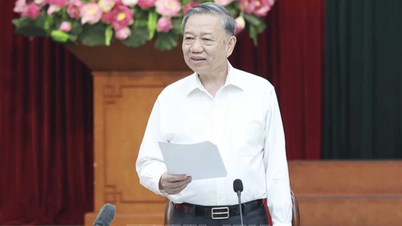
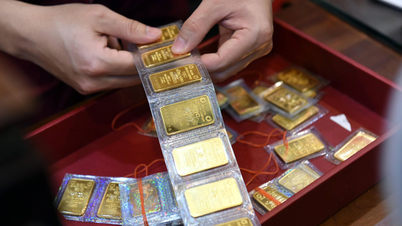
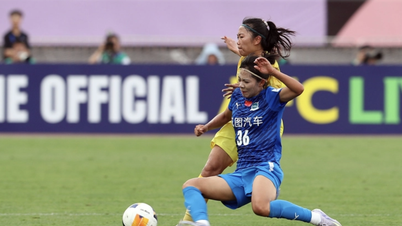
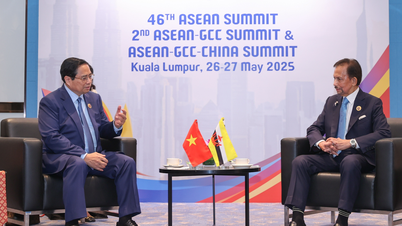


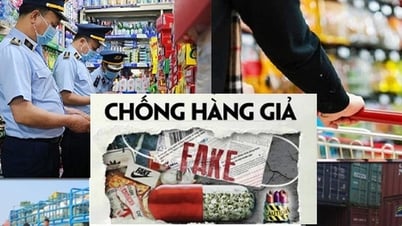



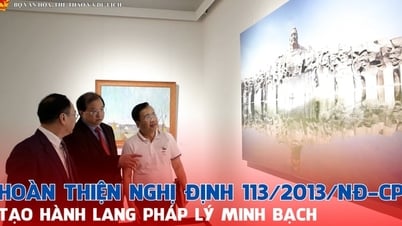
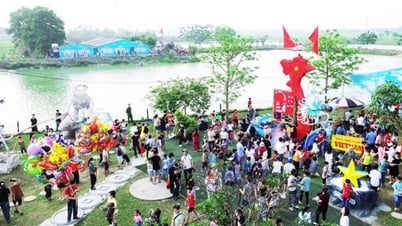


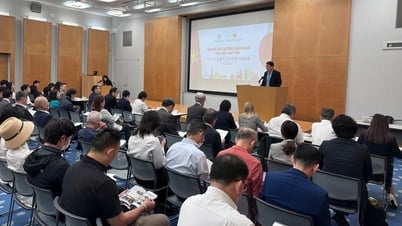
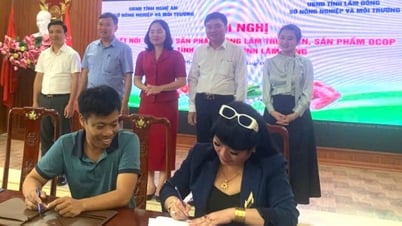

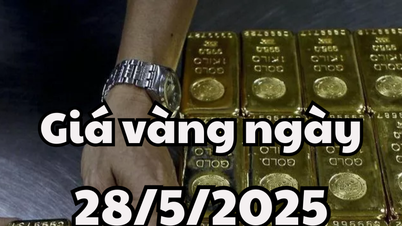

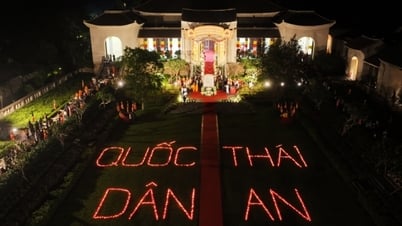



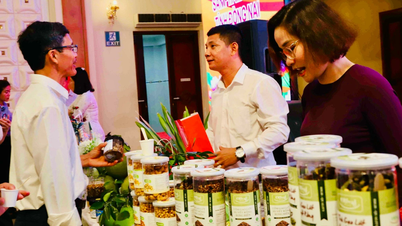



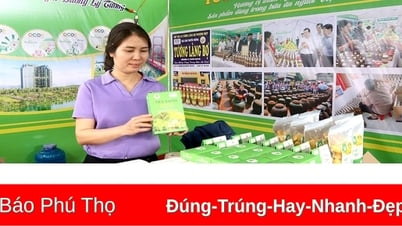

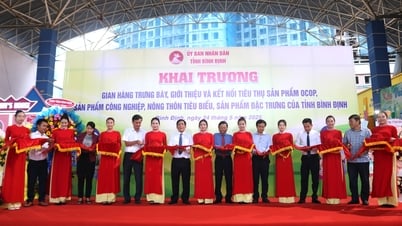



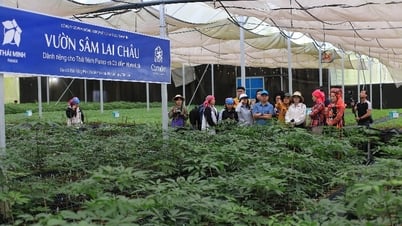

Comment (0)